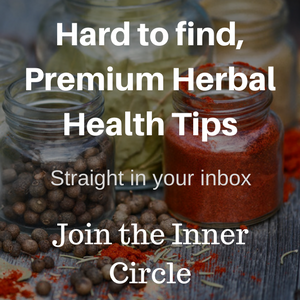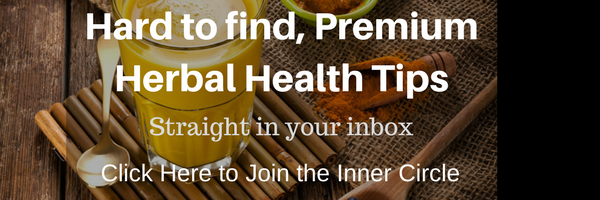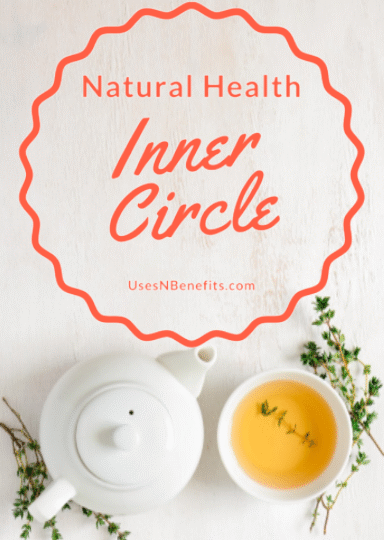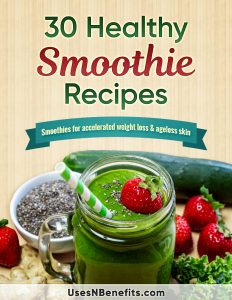Anyone who’s plagued with seasonal allergies knows how plants and their pollen can wreak havoc with sinuses, eyes, throat, lungs and breathing in general. Pollen can fly around in the air whipped by the wind and end up in our lungs causing an allergic reaction. The body sees pollen as a foreign object and reacts by producing histamine, a chemical neurotransmitter that’s released by cells in response. The problem with histamine is that if your body continues to produce it as a result of too much pollen or other foreign invaders, you can develop histamine intolerance.
Histamine acts like a red flag notifying blood vessels to react as though there were an infection. White blood cells are called upon to fix the problem, but again, too much histamine can cause a break down. Aside from the usual sneezing and watery eyes, you might experience headaches or even migraines, vertigo, hives or nausea. In severe cases of histamine buildup, blood pressure and heart rate can rise dangerously or heart rate may become irregular, inflammation can cause tissues to swell, you may feel overly hot or cold, or experience abdominal cramping.
For unknown reasons, people who have an allergic reaction to pollen and whose bodies build up histamine are unable to break down this neurotransmitter. But histamine is more than just something that is released when pollen is around. It sends messages to the central nervous system and plays a role in digestion as part of stomach acid.
- Certain foods naturally contain histamine and may exacerbate reactions. Fermented, cured, smoked, or soured foods, dried fruits, aged cheese, and some nuts contain histamines.
- Alcohol, chocolate, pineapple, tomatoes, and conventional cow’s milk will cause histamine to be released.
- Other foods such as energy drinks and tea (black or green) block DAO (diamine oxidase), the enzyme that metabolizes histamine.
Since honey is actually created from pollen gathered by bees, it seems ironic that eating honey is one of the best natural remedies for pollen allergies, but it works in the same way a vaccine works. You eat the offending substance and your body begins to build up an immunity to it. Only in the case of honey, it’s all natural, without chemicals, dangerous bacteria or viruses.

Conventional allergy treatments effectively desensitize your nervous system so it does not produce histamine, but as you’ve learned, histamine is an important addition to digestion. Desensitizing does not eliminate the problem, only the symptom.
Local honey is comprised, for the most part, of plants that are indigenous to your geographical area, the place where you live, so it’s advised that you purchase honey from a beekeeper within a 10 mile radius of your home. The pollen in the honey will be varied and in small amounts, giving your body a chance to immunize itself.
- It’s important to purchase local honey that’s raw, unpasteurized and not heated in any way. It should not be filtered.
- If you begin taking honey after the pollen season begins, it may have no effect.
- Begin in late fall with 1 level teaspoon of raw honey 6x a day, spread out throughout the day.
- Take it plain, with tea, coffee, milk or any other beverage, as part of a salad dressing (olive oil, vinegar, and honey), in cottage cheese or yogurt, or drizzled on fruit or warm vegetables.
Note:
If you’re adding your honey to tea or coffee, let the beverage cool for 10 minutes before adding honey so you don’t destroy the healing properties honey contains.
Warning:
Do Not give honey to children under 1 year of age. They can experience botulism poisoning or have a serious allergic reaction.







